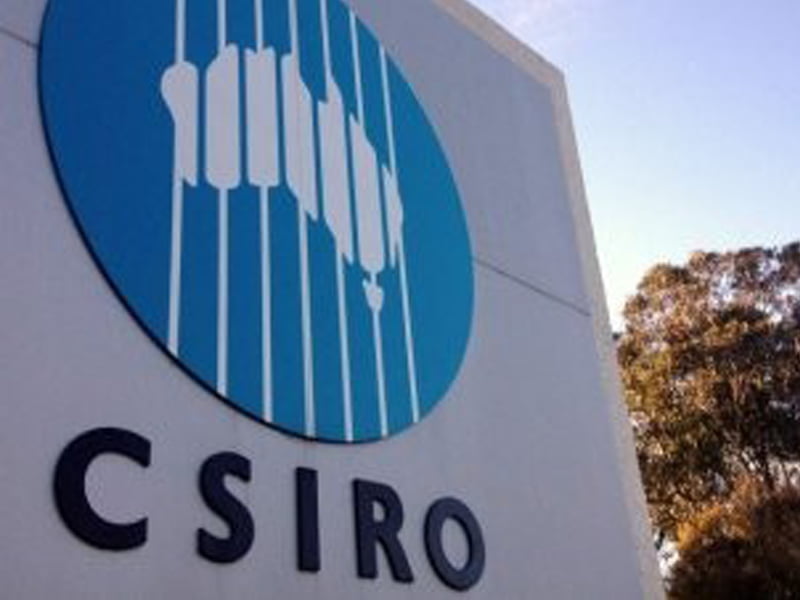CSIRO has still not officially agreed to allow its Data61 analytics unit to become involved in the government’s highly contentious welfare drug testing program, a Senate estimates hearing has been told.
But the delay appears to be related to difficult contract negotiations – for which the research agency is well known – rather than the objections of staff or management to becoming involved in such a politically-driven program.
The Department of Industry, Innovation and Science and CSIRO appeared at the Senate estimates on Thursday morning.

The shocking concession that CSIRO has been in discussion to work on the drug-test project since April comes despite the organisation having specifically declined to confirm any knowledge of the project for weeks – let alone that it was actively negotiating a contract.
This is despite direct questions being put to CSIRO on multiple occasions for weeks.
The estimates hearing also revealed that Data61 has been called into the controversy plagued Social Services robo-debt project that has mistakenly matched debt to welfare recipients.
CSIRO digital executive director David Williams told shadow industry minister Kim Carr that while CSIRO was approached by the Social Services department about the welfare drug testing scheme in late April – less than a month before its involvement was prematurely announced by Cabinet Minister Christian Porter – it is still yet to officially sign on to the project.
“The Department of Social Services approached CSIRO in early April, wanting to implement a trial involving activity tested income support recipients across a small number of geographical areas,” Mr Williams told senate estimates.
“They asked for Data61’s support in doing the analysis to see whether predictive analytics could help them in that task.”
“Since that time we’ve been talking with the department, and scoped out a statement of work and we’ve looked at how we can implement that work should we sign a contract and proceed. At this moment we’re working through the procedures inside CSIRO.”
Mr Williams’ statements are in contrast to Social Services minister Christian Porter’s earlier comments on the program, which appeared to confirm Data61’s involvement.
“We’ll use a combination of data that we will help develop with Data61 and CSIRO,” Mr Porter said in an interview on May 11.
Mr Porter’s comments were made just weeks after CSIRO was presented with the project request, and the organisation is still yet to confirm it will actually take part.
Senator Carr asked Mr Williams if the Minister’s announcement was premature.
“I don’t think so, I think it was a call at the time, and we are working down that avenue,” Mr Williams replied.
It’s still unclear how informed Data61 staff were of their planned involvement with the drug testing of welfare recipients, or if the organisation knew the Minister planned to publicly announce its involvement.
InnovationAus.com understands the proposed Data61 involvement in identifying welfare recipients for drug testing has caused some anxiety among staff, with some experiencing an “existential crisis” over the issue.
DSS and DHS have both previously declined to comment on whether the CSIRO and Data61 knew of the planned welfare drug testing before it was announced by Minister Porter.
The Department has asked for Data61’s assistance with its “data-driven profiling” to determine three sites to conduct “random” drug testing of new welfare recipients. This would draw on data sets including from the Australian Institute of Health and Welfare, internal data from the DHS and DSS and waste-water analysis.
Data61 has been asked to draw this data together and formulate an algorithm to determine where the drug testing should take place.
It was also revealed at senate estimates that CSIRO has already agreed to complete similar work for the Department of Social Services to address its controversy-plagued Centrelink robo-debt program.
Data61 was called in to help the robo-debt program’s data-matching and profiling of welfare recipients, Mr Williams said.
“We’re looking at the methodology of assessing which customers should complete online compliance and whether we can offer any analytical advice that can help the Department in that process,” he said.
“We provide scientific capability to help them understand whether data analytics can help them in the policies they’re trying to implement.”
This work is being done by Data61 for an undisclosed fee.
The close involvement with two politically charged and controversial programs, aimed at cracking down on welfare recipients, has the potential to harm the CSIRO and Data61’s “public good” reputations.
Do you know more? Contact James Riley via Email.

